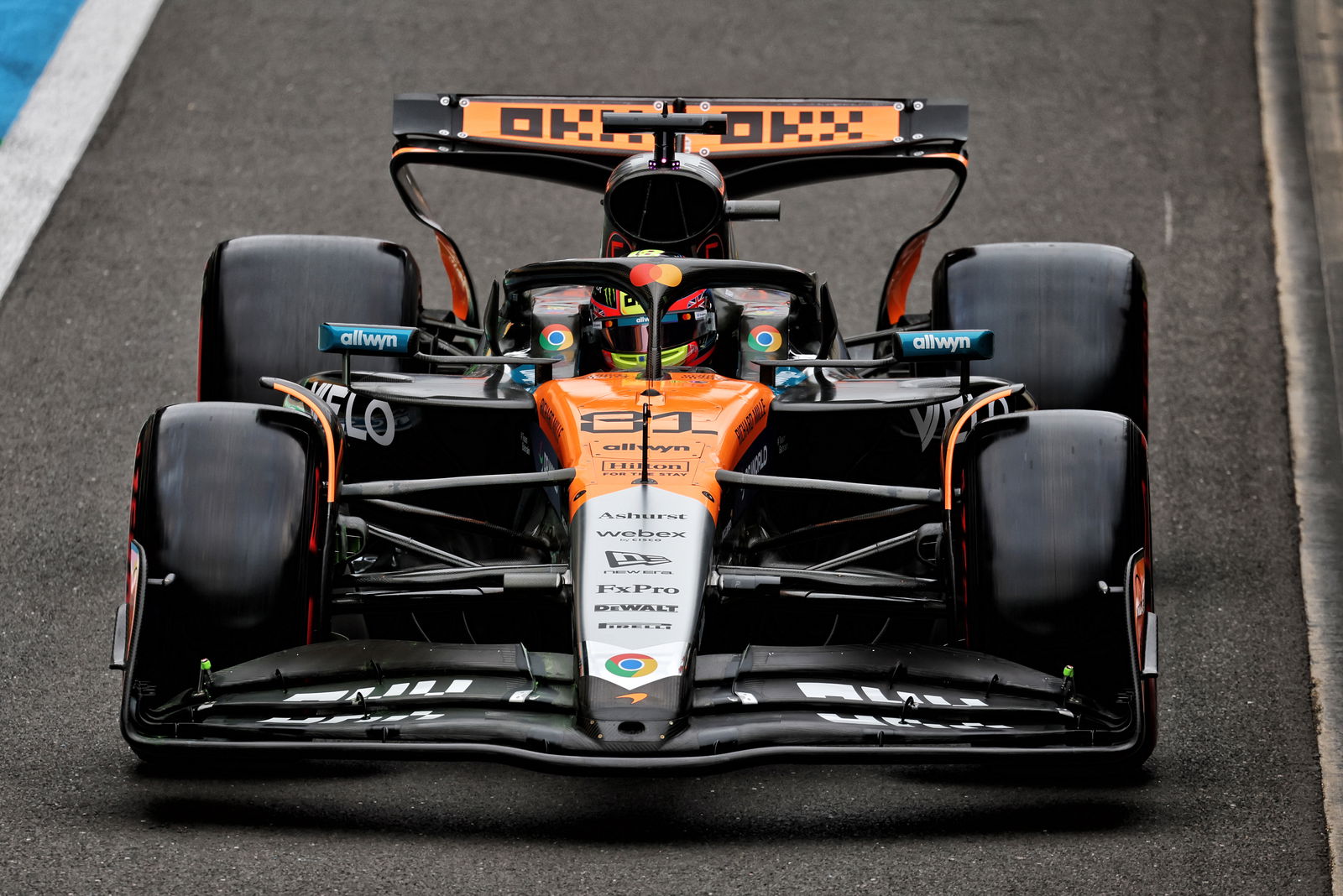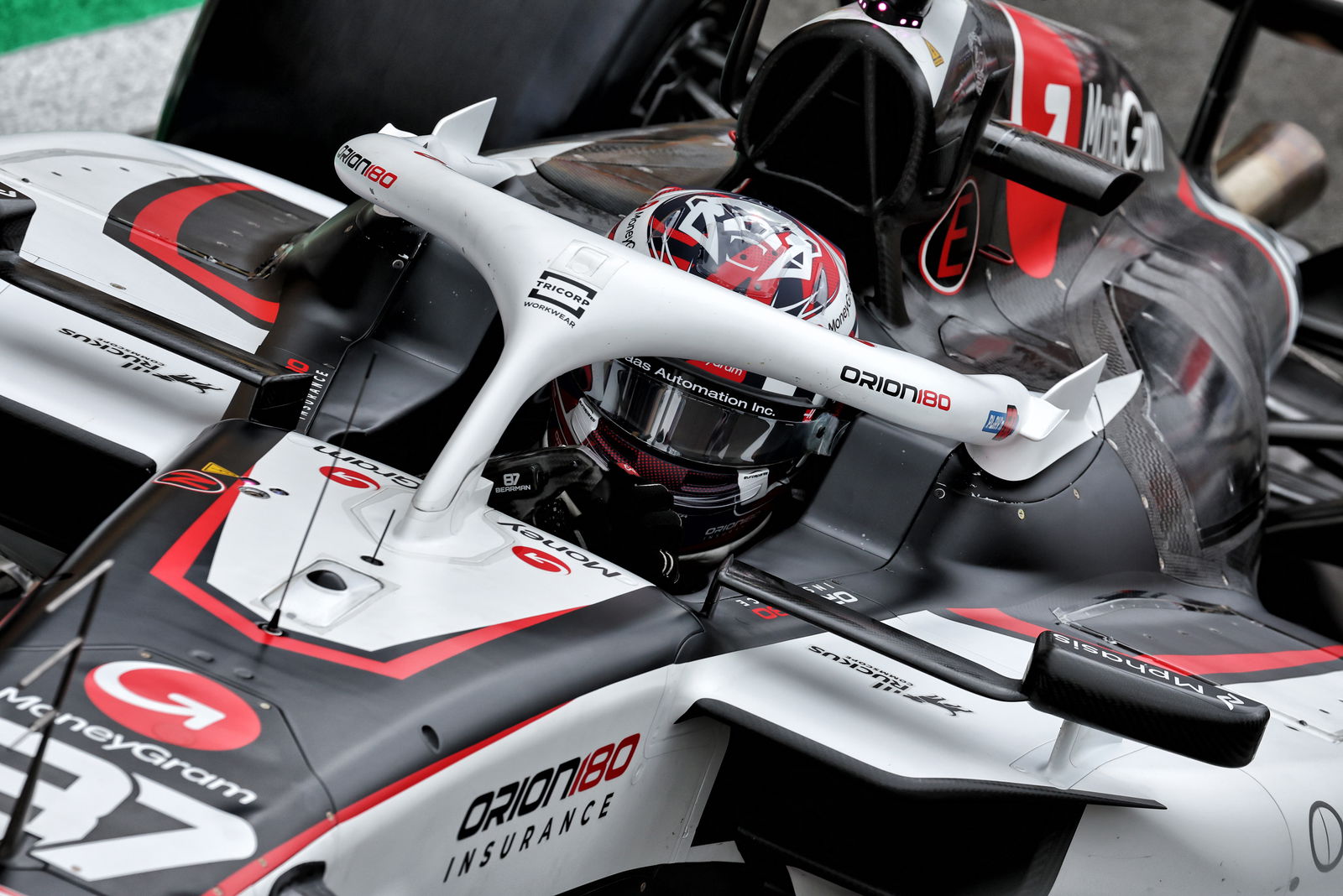Christian Horner: It would be “embarrassing” if Red Bull beats Mercedes with 2026 F1 engines
Christian Horner on the status of Red Bull's in-house engine project.

Christian Horner says it would be "embarrassing" for Mercedes if Red Bull comes out of the blocks with a faster and a more reliable power unit in Formula 1 next year.
F1 is set for sweeping regulation changes in 2026, with the most significant overhaul centred on the new hybrid power units, which will derive 50 percent of their output from electric components.
The shift presents a formidable challenge for all manufacturers, but Red Bull arguably faces the steepest climb as it prepares to run an in-house engine for the first time.
In response to Honda’s initial decision to exit F1, Red Bull established a new division called Red Bull Powertrains in Milton Keynes and later secured support from American car giant Ford.
While all other engine suppliers, bar newcomer Audi, have prior experience in designing and building complex F1 power units, Red Bull is venturing into uncharted territory.
Horner remains cautious about the team’s competitiveness in 2026 but says Red Bull's status would reflect poorly on rivals if it were to hit the ground running.
"We understand the pressure that there is next year, with us coming in as a new power unit manufacturer," Horner was quoted by Motorsport.com.
"The challenge of that is enormous. But we've got a hugely capable group of people. We've invested significantly. We've got a great culture within the team. Who knows?
"To expect us to be ahead of Mercedes next year is… it would be embarrassing for Mercedes if we were, or for any manufacturer. But we're going to be in a competitive position, potentially even to where we are today relative to our other PU manufacturers. There's everything to play for."
Red Bull's decision to start its own engine programme was born out of necessity and makes the team one of the very few on the grid to design both its chassis and engine.
Since joining F1 in 2005, Red Bull has relied exclusively on customer engines, initially from Cosworth and Ferrari, before striking a long and successful partnership with Renault from 2007.
However, the Renault alliance soured after the introduction of the V6 hybrid era in 2014, with persistent performance and reliability issues fuelling tensions between the two sides.
Red Bull ultimately split from Renault and signed a works deal with Honda, a partnership that delivered multiple drivers’ and constructors’ titles. But Honda’s announcement in 2020 that it would exit F1 forced Red Bull to pursue its own engine project.
Despite the immense investment required, Horner is confident the decision will yield long-term benefits for the team.
"What's great is having it all under one roof, chassis engineers sitting next to engine engineers. That shouldn't be underestimated when you're talking about the packaging," he said.
"When you've got the ability to have those groups communicating and talking with each other directly over a cup of coffee and within the same facility, that is priceless, and that will pay dividends.
"Maybe it won't be in '26, but '27, '28, and beyond—long-term for Red Bull, 100% it is the right thing."


